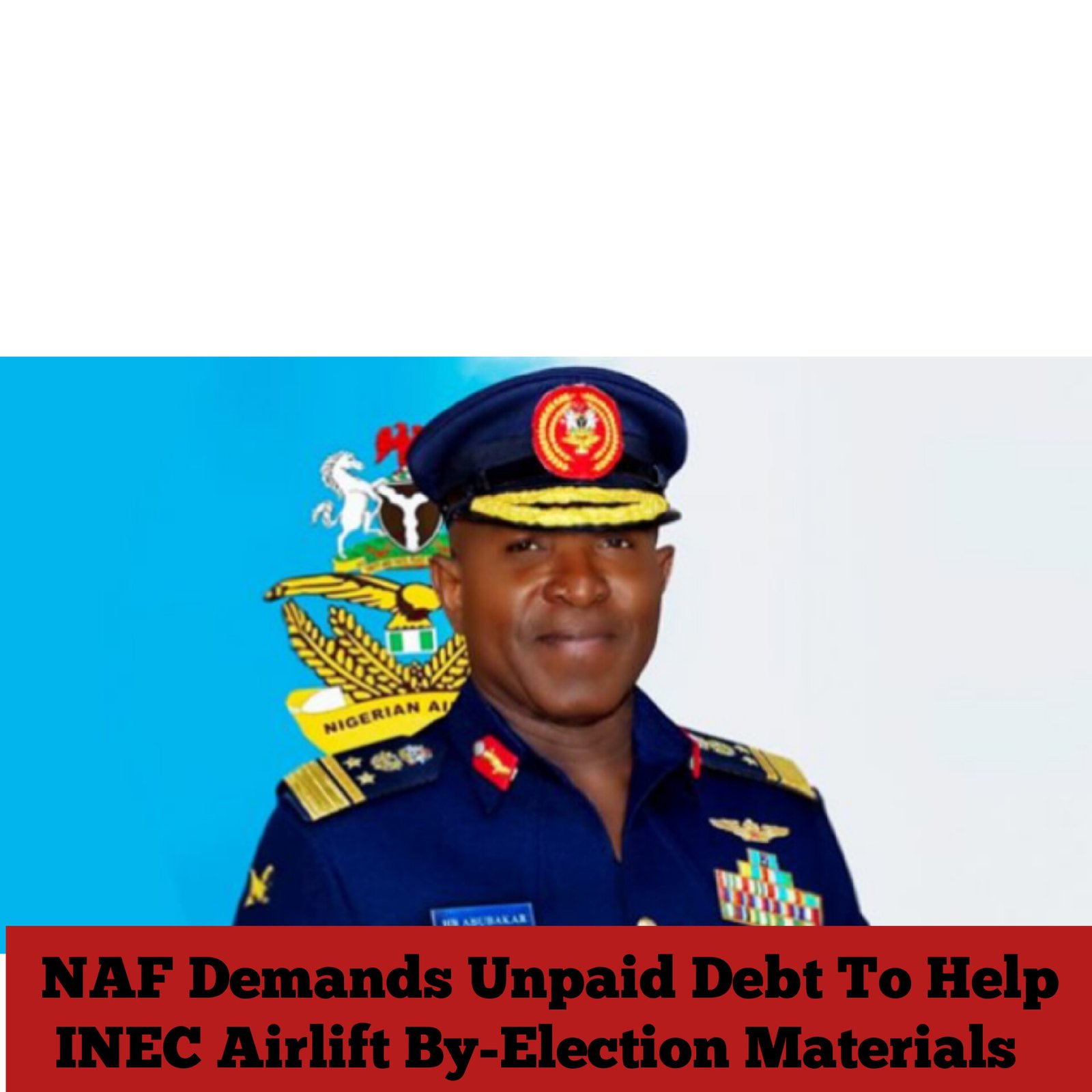In a tense face-off at the National Assembly in Abuja, operatives of the Nigeria Police Force on Tuesday fired tear gas canisters at peaceful protesters demanding an end to the marginalization of the Federal Capital Territory’s (FCT) indigenous communities. The demonstrators, under the banner of the FCT Original Inhabitants Movement, were also protesting the controversial nomination of Comrade Solomon Adodo to the board of the North Central Development Commission (NCDC).
Protesters Decry Appointment of Non-Indigene
Leading the protest, Comrade Zakari Gambo Babale, Secretary of the FCT Youth Stakeholders Forum, described Adodo’s nomination as a grave injustice. According to Babale, Adodo hails from Benue State — a region already enjoying four slots on the commission — while no indigene of the FCT has been considered.
“We demand the immediate withdrawal of Solomon Adodo’s nomination. An indigene of the FCT must be appointed, someone who truly understands our struggles and will represent our interests,” Babale asserted.
Call for State Recognition by 2027
Speaking passionately at the protest, Pastor Danladi Jeji, President of FCT Original Inhabitants, condemned the persistent exclusion of the territory’s native communities from federal appointments and development projects. He reiterated demands for Abuja to be formally recognized as a state by 2027, with its own state secretariat established in Gwagwalada.
Jeji highlighted the plight of the nine tribes indigenous to the FCT — Amwamwa, Bassa, Egbira, Gade, Ganagana, Gbagyi, Gbari, Gwandara, and Koro — accusing successive governments of neglecting their rights, land, and political representation.
Police Crackdown on Peaceful Protest
What began as a peaceful demonstration quickly escalated into chaos when police officers dispersed the crowd with tear gas, affecting both protesters and journalists covering the event. Babale condemned the security operatives’ heavy-handed tactics, insisting the protesters had gathered lawfully to express their grievances.
“Our people were here peacefully, waiting to dialogue with the National Assembly leadership. The police action was unnecessary and an affront to democracy,” Babale said.
Mounting Pressure on the Government
The protest has drawn national attention to the longstanding marginalization of Abuja’s original inhabitants and their growing frustration over exclusion from key governance structures. Observers note that this latest demonstration could ignite broader conversations about indigenous rights, fair representation, and political inclusion in Nigeria’s capital.
As the agitation gathers momentum, all eyes remain on the federal government and the National Assembly to see how they will address the protesters’ demands.





